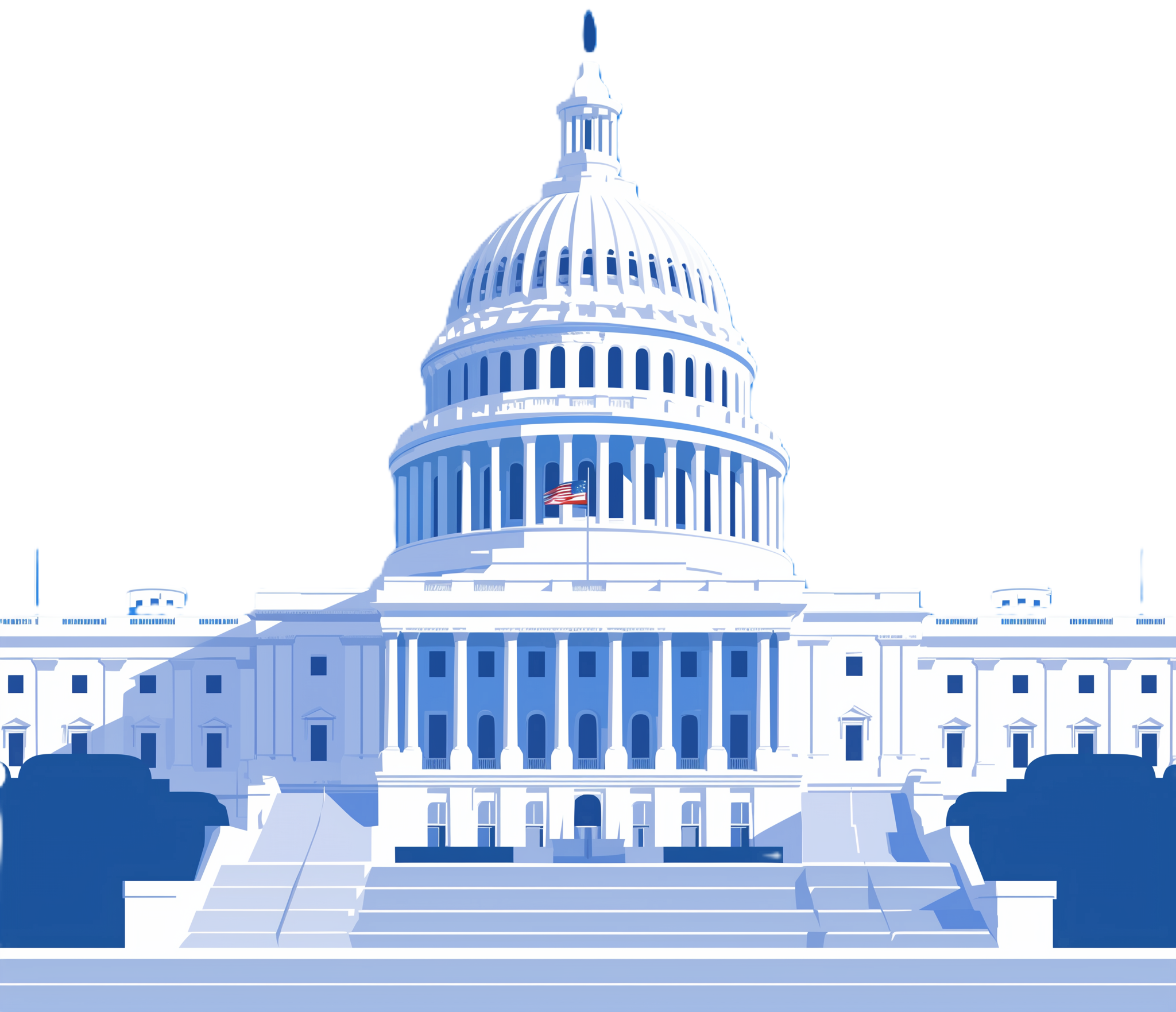In the business world, especially when dealing with government agencies, relationships often transcend the confines of traditional processes like the Request for Proposal (RFP). While RFPs have their place, building strong connections with key decision-makers in government is increasingly becoming a strategic imperative for long-term success. Let’s delve into why businesses should go beyond the RFP and focus on cultivating meaningful relationships.
Introduction
In the complex landscape of government decision-making, understanding the intricacies of relationship-building becomes crucial for businesses aiming to secure contracts and foster collaboration. Beyond the formality of RFPs lies a realm where personal connections, trust, and credibility play pivotal roles in shaping the trajectory of business partnerships.
Understanding the Traditional RFP Process
Definition of RFP
The Request for Proposal is a formal document that outlines the requirements and specifications of a project, inviting bids from potential vendors. While this process is structured and impartial, it has inherent limitations.
Pros and Cons of Relying Solely on RFPs
Relying solely on RFPs can streamline the selection process but may overlook valuable contributors. It’s a double-edged sword with both advantages and drawbacks.
Limitations and Challenges
The rigid nature of the RFP process can lead to missed opportunities, especially when innovation and flexibility are required. Understanding these limitations is the first step towards exploring alternative avenues.
Beyond RFP: The Power of Relationships
Establishing Connections with Decision-Makers
Building relationships with government decision-makers opens doors to a world where trust and credibility become decisive factors in business engagements. Beyond the formalities of proposals, a personal connection can influence decisions, offering a deeper understanding of needs and preferences.
Importance of Trust and Credibility
Trust is the cornerstone of any successful relationship. In the government sphere, where decisions impact a multitude of stakeholders, establishing trust is paramount. Consistency, reliability, and transparency are crucial elements in gaining the confidence of decision-makers.
The Value Proposition
Benefits of Cultivating Relationships
The advantages of relationship-building extend beyond immediate gains, offering long-term benefits such as repeat business and strategic partnerships. By cultivating relationships, businesses position themselves as trusted partners rather than mere service providers.
Long-Term vs. Short-Term Gains
Understanding the balance between short-term wins and long-term relationships is crucial for sustainable success in government contracts. While quick wins from RFPs may offer immediate revenue, the longevity and stability that come from relationships provide a more solid foundation for growth.
Competitive Advantage
In a competitive landscape, businesses with strong relationships enjoy a distinct advantage over those relying solely on formal procurement processes. Government decision-makers appreciate the familiarity and reliability that come with established relationships, giving businesses an edge in securing contracts and collaborations.
Navigating Government Bureaucracy
Understanding the Hierarchy
Navigating the intricate hierarchy of government agencies is essential for identifying key decision-makers and influencers. By understanding the bureaucratic structure, businesses can tailor their approaches and communications to resonate with those who hold the power to greenlight projects.
Identifying Key Decision-Makers
Successful relationship-building requires pinpointing the individuals who hold the keys to impactful decisions. Networking events, industry conferences, and targeted outreach play crucial roles in identifying and connecting with these key players.
Strategies for Effective Communication
Tailoring communication approaches to resonate with government decision-makers is a skill that sets successful businesses apart. This involves not only understanding the technical aspects of the projects but also aligning communication with the broader goals and values of the government agency.
Conclusion
In conclusion, while the RFP process remains a vital component of engaging with government agencies, the true potential lies in building relationships with key decision-makers. Businesses that invest in understanding the intricacies of government hierarchies, cultivate trust, and navigate bureaucratic challenges stand to gain not only immediate contracts but also long-term success in the ever-evolving landscape of government-industry relationships.
Contact us and Schedule a FREE Consultation Call Today!
FAQs
How long does it take to build a meaningful relationship with a government decision-maker?
Building meaningful relationships takes time and effort, varying based on individual dynamics and the complexity of the decision-making process. Patience is key. It’s about consistently demonstrating value, reliability, and understanding of their needs.
Are there any legal implications in building relationships with government officials?
While relationship-building is encouraged, businesses must adhere to ethical standards and legal regulations. Transparency is crucial to avoiding legal pitfalls. Consult legal experts to ensure compliance with all relevant laws and regulations.
How can smaller businesses compete with larger corporations in relationship-building?
Smaller businesses can leverage agility and personalized approaches to stand out. Networking events, engaging in community initiatives, and showcasing unique value propositions tailored to government needs are effective strategies. Smaller size can be an advantage in fostering personalized connections.
Is it possible to rebuild a relationship after a negative interaction?
Yes, rebuilding is possible through sincere efforts, acknowledging mistakes, and demonstrating commitment to rectifying any issues. Open communication, a genuine apology, and a clear plan for improvement can go a long way in rebuilding trust.
What role does cultural understanding play in government relationship-building?
Cultural understanding is paramount. Respectful and culturally sensitive communication enhances relationships and avoids misunderstandings. Invest time in understanding the cultural nuances of the government agency you are dealing with, as it can significantly impact the success of your relationship.
